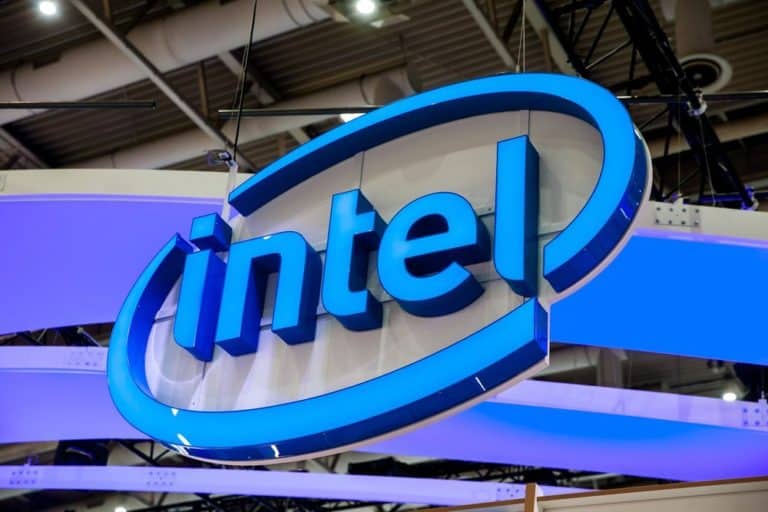Intel says Brexit means it is no longer considering the UK as the site to build a major new chip factory as part of its $95bn global expansion plans.
Intel’s CEO says Brexit means it is no longer considering the UK as the site to build a major new chip factory as part of its $95bn global expansion plans.
Pat Gelsinger, the chief executive of the world’s largest maker of semiconductors, said they were now only considering European Union member states to host a new European site.
Britain “would have been a site that we would have considered” before people voted to leave the European Union, Pat Gelsinger told the BBC. But since then “we’re looking at EU countries and getting support from the EU.”
“I have no idea whether we would have had a superior site from the UK,” Mr Gelsinger said. “But we now have about 70 proposals for sites across Europe from maybe 10 different countries. We’re hopeful that we’ll get to agreement on a site, as well as support from the EU… before the end of this year.”
Intel investment aims to curb competition from Asia
Intel is planning to invest billions in infrastructure over the next 10 years to boost its output by setting up new semiconductor plants. The company said that the US and Europe were too dependent on Asia for their chips and rival manufacturers continue to expand in countries such as South Korea and Taiwan.
Intel’s expansion comes as the overall market for semi-conductors is set more than double in the next seven years to around $800bn.
The firm also hopes to secure subsidies from US and European politicians, who feel their reliance on Asia for chips could threaten national security.
Today the US only produces around 12% of the world’s semiconductors, while Korea’s Samsung and Taiwan Semiconductor Manufacturing Company (TSMC) account for 70% of global supply.
